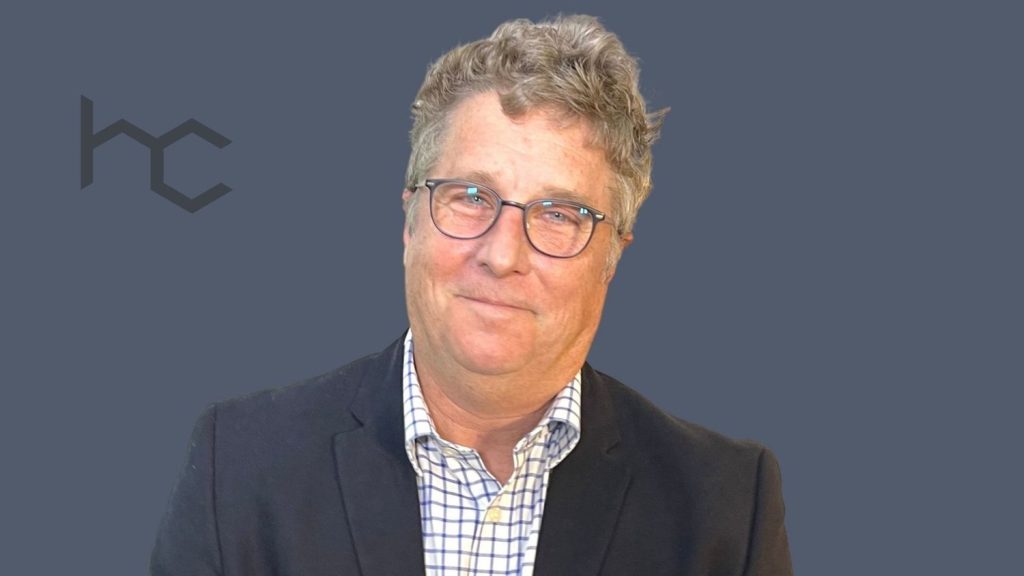Take to act tough—Mills
Renowned author Greg Mills established the Brenthurst Foundation in South Africa to strengthen African economics. Recently, he launched his new book, Rich State, Poor State, in Lilongwe where he urged Malawi’s leadership to start making tough decisions and public sector reforms for the country to grow. In this interview with our Assistant Lilongwe Bureau Chief SUZGO CHITETE, Mills says Malawi must learn from countries that have developed and transformed their economic prospects by taking tough decisions. Excerpts:

It is not the first time you have launched a book in Malawi. From the new book and your experience in Malawi, where is the country failing?
I think the country has big challenge in balancing the political effect of tough decisions. So, one clear decision that has to be made at the time is to improve market pricing in agriculture. But if you improve market price in agriculture, people who profit from the same will obviously be unhappy. That is the problem with reforms because there are always losers.
Malawi has opportunities and I think getting the politics right is very important and also making the right decisions and this is what my book is all about.
Countries that have managed very difficult reforms should give Malawi comfort that this is a path Malawi can easily follow.
You talk about having right policies. We often hear that that Malawi has beautiful policies, but implementation remains a challenge. Do you think it’s about poor design of policies or lack of implementation of the existing?
In some cases, it’s one. In other case, it’s the other. The Malawi 2063 long-term vision definitely provides a very useful framework, but a vision is not a plan.
A plan is something that has resources, priorties and timelines attached to it. So, I guess the challenge is to have a clear plan and every Malawian should ask themselves: What are top three priorities? What are the big three things that will grow the economy?
I believe tourism is one, mining is another and agriculture and the government are in the right track in terms of strategy. So, in this case there seem to be well-articulated policies on how to unlock economic opportunities through the big three. In other cases, it’s about implementation of these policies. It’s easy to say than to do or walk the talk.
Public reforms usually come with a huge political cost. Others have argued that politics and economics should be in the same train but not on the same wagon. What’s your take in implementing reforms vs political survival?
That is a great question. I mean, yes same train, but different wagons. Ultimately, what we are talking about is the political economy. It’s the politics that makes decisions about allocation of resources so the political economy suggest that the two really have to walk hand in hand and politics is really the heart of making hard choices. It is the art of doing difficult things. Yes, these decisions will come with a social cost but I think it is better you make them soon and also it is an endless task. It’s not something you do once and then forget about it. You have to do for a very long period of time. Development is a marathon without a finishing line. This is not a start and end process. It is very important to start this marathon and make difficult choices now for a better tomorrow.
If you met President Lazarus Chakwera today, what one tough decision would you advise him to make?
I think the one difficult decision is around exchange rate. So, exchange rate liberalisation is gonna have some losers and winners.
The overall winner, I think, is Malawi because you need to try balancing the supply and demand of exchange rate and your fundamental problem with your exchange rate is that you export less and import more and over-subsidising exchange rate is obviously benefitting an elite more than it benefits the poor. So, there will be losers and winners in this process and that is the difficult decision you have to make. And you do not have to liberalize the exchange rate in a chaotic environment because that may lead to potential social or political fallout so managing this process is coming up with a proper strategy.





